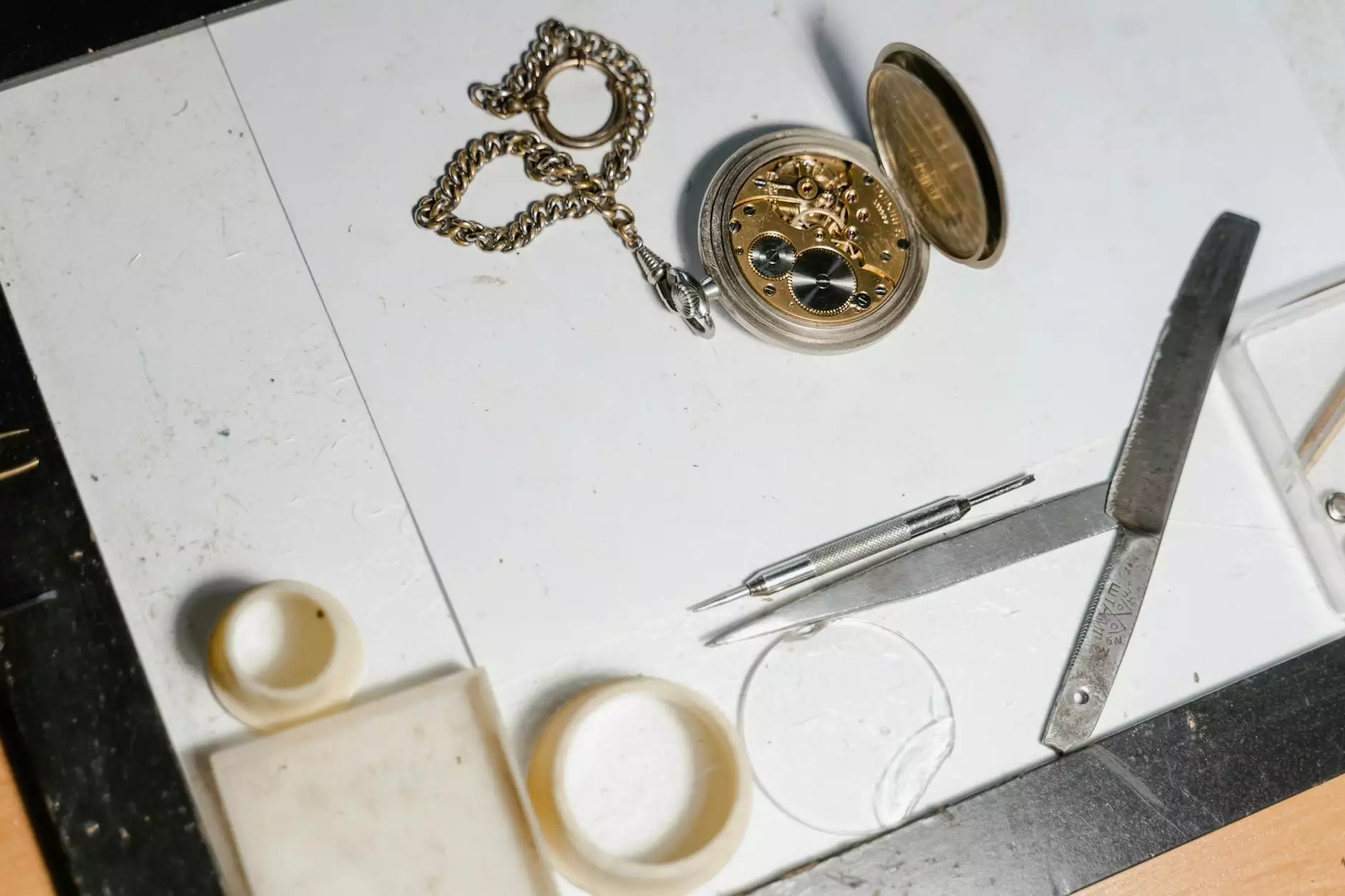Finding the Best Heart Specialist Near Me: Your Comprehensive Guide

When it comes to heart health, the importance of seeking specialized care cannot be overstated. If you're asking yourself, "where can I find a heart specialist near me?", you're not alone. Millions of individuals seek to ensure their cardiovascular health is in capable hands. This article will delve into the intricacies of finding the right heart specialist, what to look for, and how to optimize your heart health.
What Is a Heart Specialist?
A heart specialist, known as a cardiologist, is a medical professional specialized in diagnosing, treating, and preventing heart-related diseases. Their expertise ranges from managing chronic heart conditions to addressing acute cardiac issues. Understanding when to consult a specialist is vital for anyone concerned about cardiovascular health.
Why You Might Need a Heart Specialist
There are various reasons why someone might need to see a heart specialist. Some common conditions include:
- Coronary Artery Disease: Narrowing or blockage of the coronary arteries can lead to heart attacks.
- Heart Arrhythmias: Irregular heartbeats that can affect how well your heart works.
- Heart Failure: A condition where the heart is unable to pump effectively.
- Valvular Heart Diseases: Problems with any of the four valves in the heart.
- Hypertension: Chronic high blood pressure that increases the risk of heart issues.
If you have any of these conditions or risk factors, seeking out a heart specialist near me is a crucial step in managing your health.
How to Find the Right Heart Specialist
Finding a heart specialist can be overwhelming due to the plethora of options available. Here are some steps you can take to ensure you find the best care available:
1. Consult Your Primary Care Physician
Your first step should usually be a discussion with your primary care physician. They can provide referrals to trusted specialists based on your specific health needs.
2. Research Credentials and Experience
Look for specialists who are board-certified in cardiology. Experience matters as well; a cardiologist with years of practice will likely have encountered a wider array of conditions.
3. Check Patient Reviews
Online reviews can provide insight into patients’ experiences. Websites like Healthgrades or Vitals can be useful for reading reviews and ratings.
4. Consider the Location
Your search for a heart specialist near me should take into account the location of the practice. Proximity can be essential, especially if you need ongoing treatment or emergency assistance.
5. Evaluate Services Offered
Make sure that the specialist has the resources to provide comprehensive care, including the ability to perform necessary tests such as echocardiograms and stress tests.
The Importance of Specialized Care
Seeking a heart specialist is not just about addressing existing heart conditions; it’s about proactive heart health management. Detecting issues early can make a tremendous difference in treatment outcomes. Here are a few benefits of specialized care:
- Early Detection: Regular check-ups can help identify potential issues before they escalate.
- Personalized Treatment Plans: Specialists can tailor treatment plans based on your individual health status and needs.
- Access to Advanced Technology: Cardiologists often have access to cutting-edge diagnostics and treatment options.
Common Tests You May Encounter at a Cardiologist’s Office
When visiting a heart specialist, you may undergo several tests to evaluate your heart health. Here are some common procedures:
1. Electrocardiogram (ECG)
An ECG measures the electrical activity of your heart and can help detect irregularities in heart rhythm.
2. Echocardiogram
This non-invasive test uses sound waves to create images of the heart, helping the specialist evaluate its structure and function.
3. Exercise Stress Test
During this test, your heart is monitored while you exercise, which can indicate how well your heart performs under stress.
4. Holter Monitor
A portable device worn for a day or more to continuously monitor your heart's rhythm during daily activities.
5. Cardiac Catheterization
This more invasive procedure involves inserting a catheter into a blood vessel to examine the heart and its arteries.
Maintaining Heart Health: Lifestyle Changes
Alongside specialized care, adopting a heart-healthy lifestyle is crucial. Here’s how you can support your heart health:
- Healthy Diet: Incorporate plenty of fruits, vegetables, whole grains, and lean proteins while reducing saturated fats and sugars.
- Regular Exercise: Aim for at least 150 minutes of moderate aerobic activity each week.
- Avoid Smoking: Smoking is a significant risk factor for heart disease.
- Manage Stress: Techniques such as meditation, yoga, and deep breathing can alleviate stress, positively impacting heart health.
- Regular Health Check-Ups: Keeping track of your blood pressure and cholesterol levels can help manage heart disease risks.
Conclusion: Your Heart Deserves the Best Care
Finding a heart specialist near me is more than just a search; it’s a proactive approach to your health and well-being. By understanding the importance of specialized care, the steps to find the right provider, and how to maintain a heart-healthy lifestyle, you're setting yourself up for long-term cardiovascular health. Remember, your heart is one of your most vital organs—invest in it wisely.
Don’t hesitate to reach out to your healthcare provider if you have any concerns. The earlier you seek help, the better your chances for a long, healthy life. Trust in a professional to lead you through the complexities of heart health, and take control of your future today!



